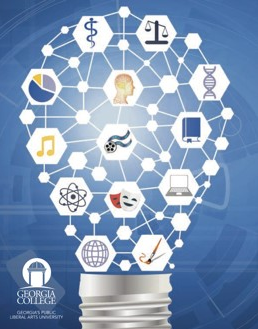Racial Discrimination in the Courtroom: An Analysis of Implicit Bias in Plea-Bargaining
Loading...
Abstract
This paper focuses on the racially charged interactions between the prosecutor and defendant in the area of plea-bargaining. During the plea-bargaining step, there is the chance for the prosecutor to offer the defendant a reduction in charge. This is important because it could eliminate the possibility of a conviction. The statistics show that white defendants see their charge dropped or reduced in almost half of the cases observed whereas black defendants see their charges reduced a third of the time (Berdejó 2018). The role of the prosecutor is the most important and essential factor in the plea-bargaining process. They have the ultimate say in charge reductions and oftentimes due to the large case-load and lack of time, prosecutors make decisions filled with implicit bias. Implicit bias is the phenomenon in which people hold stereotypical associations towards diverse groups that are so subtle they might not be aware of them. When prosecutors act on implicit bias, they continue to contribute to the racial inequality found in the courtroom. The analysis is based, in part, on my informal observation as an intern inside a privately owned domestic and criminal law-firm in Roswell, Georgia. While there, I attended multiple domestic and criminal court sessions, client meetings, and assisted in legal writing. Overall, my findings suggest a deeper study into the role of implicit bias in plea-bargaining, an increase in education reform of prosecutors, and greater attention to the discriminatory environment of the court.
Racial Discrimination in the Courtroom: An Analysis of Implicit Bias in Plea-Bargaining
This paper focuses on the racially charged interactions between the prosecutor and defendant in the area of plea-bargaining. During the plea-bargaining step, there is the chance for the prosecutor to offer the defendant a reduction in charge. This is important because it could eliminate the possibility of a conviction. The statistics show that white defendants see their charge dropped or reduced in almost half of the cases observed whereas black defendants see their charges reduced a third of the time (Berdejó 2018). The role of the prosecutor is the most important and essential factor in the plea-bargaining process. They have the ultimate say in charge reductions and oftentimes due to the large case-load and lack of time, prosecutors make decisions filled with implicit bias. Implicit bias is the phenomenon in which people hold stereotypical associations towards diverse groups that are so subtle they might not be aware of them. When prosecutors act on implicit bias, they continue to contribute to the racial inequality found in the courtroom. The analysis is based, in part, on my informal observation as an intern inside a privately owned domestic and criminal law-firm in Roswell, Georgia. While there, I attended multiple domestic and criminal court sessions, client meetings, and assisted in legal writing. Overall, my findings suggest a deeper study into the role of implicit bias in plea-bargaining, an increase in education reform of prosecutors, and greater attention to the discriminatory environment of the court.


